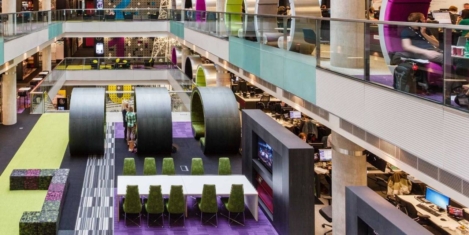October 27, 2016
Majority of freelancers don’t want more employment rights 0
 Although British Prime Minister PM Theresa May has recently, announced a Government review into how employment rights can be extended to freelancers, a new survey claims that the vast majority of the self-employed don’t really want them. The admittedly small scale study of 250 freelancers from ContractorCalculator claims that 80 percent aren’t interested in them anyway and a mere 7 percent think they would be of benefit.
Although British Prime Minister PM Theresa May has recently, announced a Government review into how employment rights can be extended to freelancers, a new survey claims that the vast majority of the self-employed don’t really want them. The admittedly small scale study of 250 freelancers from ContractorCalculator claims that 80 percent aren’t interested in them anyway and a mere 7 percent think they would be of benefit.
Key findings from the survey include:
- 88 percent of freelancers don’t want maternity/paternity rights
- 82 percent do not want paid sick leave
- 85 percent say no to holiday rights and pay
- 80 percent shun extra rights to help with grievances or disciplinary matters
- 94 percent don’t want restrictions on the amount of hours they can work
- 74 percent believe more employment rights would compromise their tax status and complicate their tax affairs.
- More than half of respondents also raised concern that the provision of such rights would both restrict their flexibility and result in lower earnings.
“These results are not surprising,” claims CEO Dave Chaplin. “The Government needs to understand that the negative reports associated with self-employed couriers and drivers are woefully unrepresentative of all of the self-employed. There are several million self-employed businesspeople working on a business to business basis with their customers who are very happy with the way they work and the last thing they want is further legislative burdens.”


































October 25, 2016
Millennials have just the same needs for peace and quiet as everybody else 0
by Steven Lambert • Comment, Wellbeing, Workplace design
(more…)